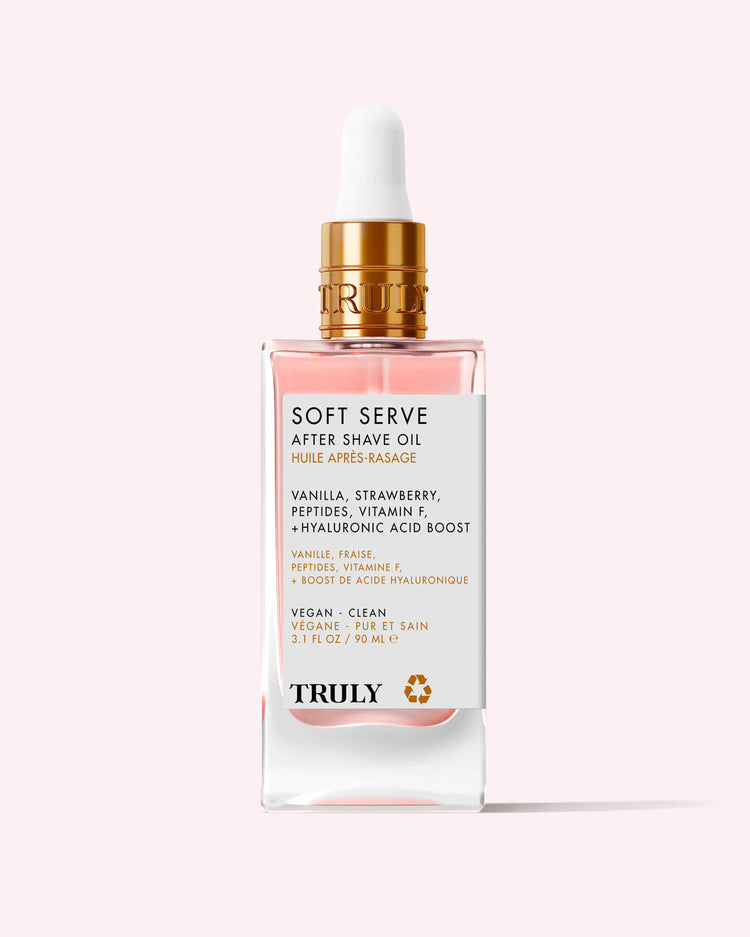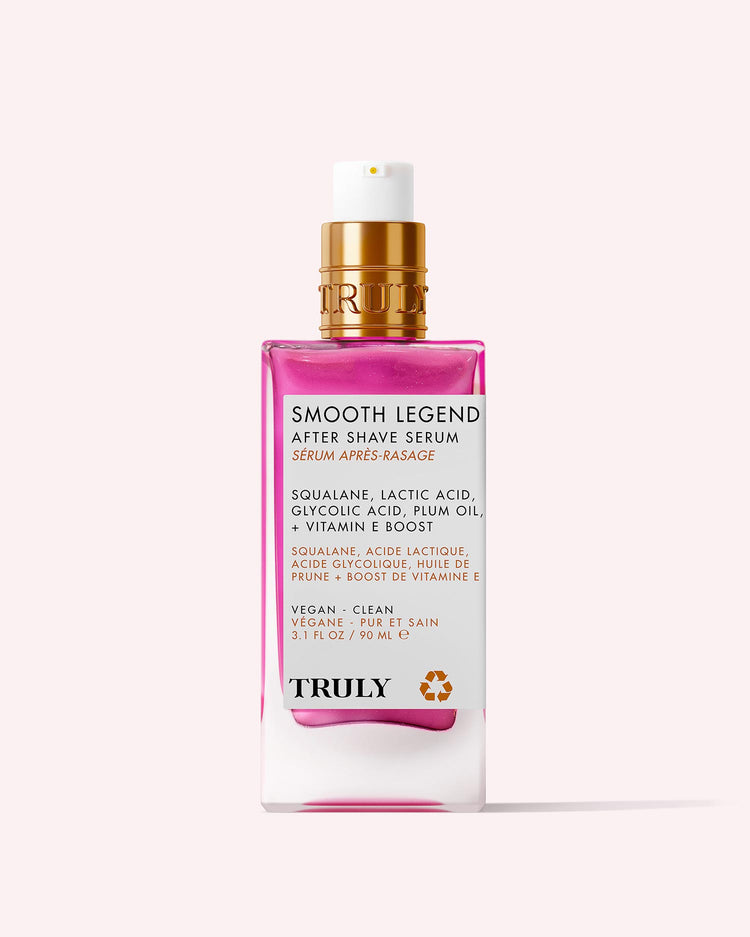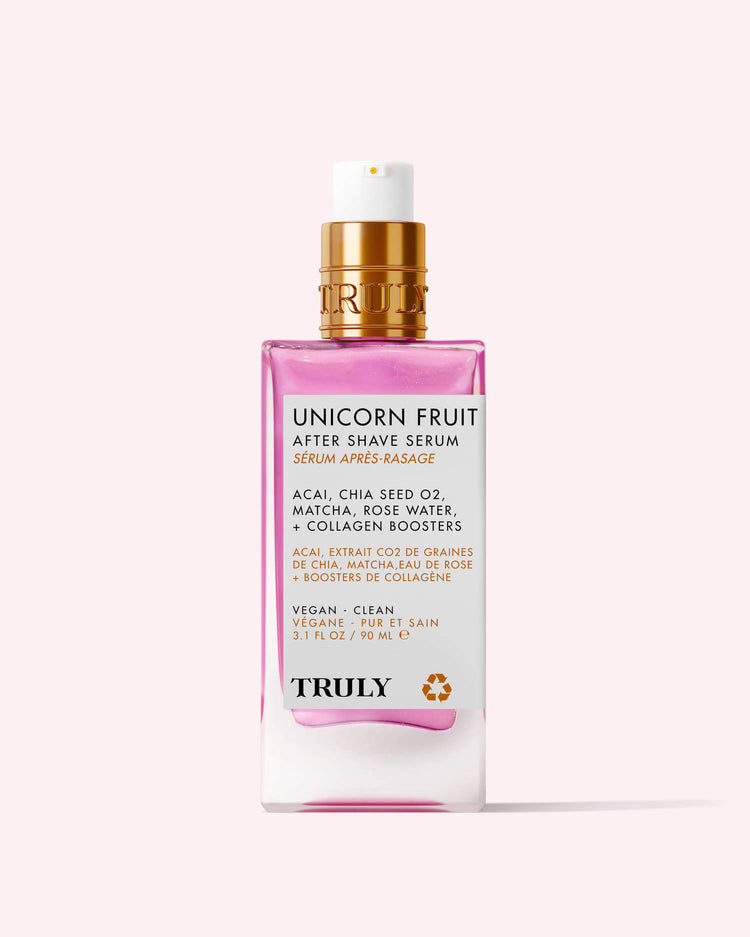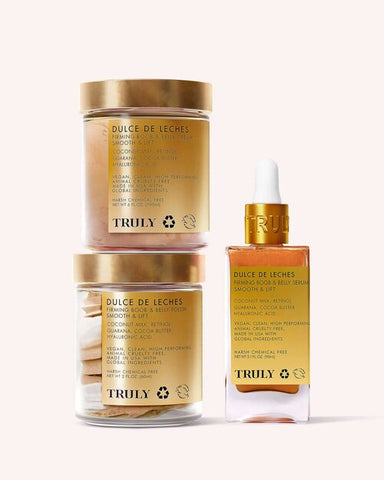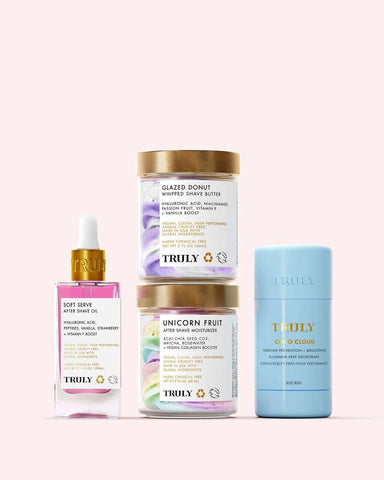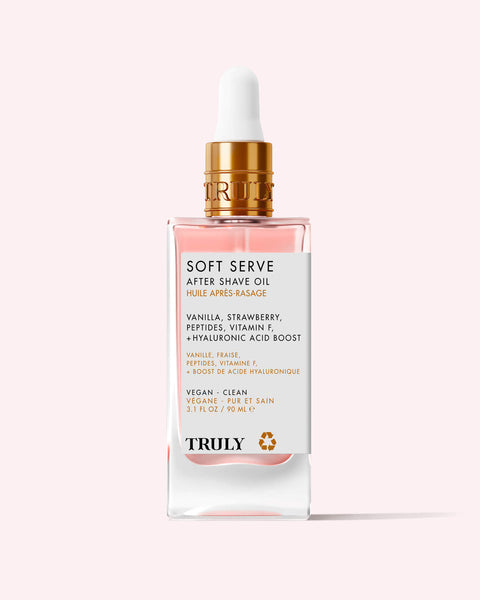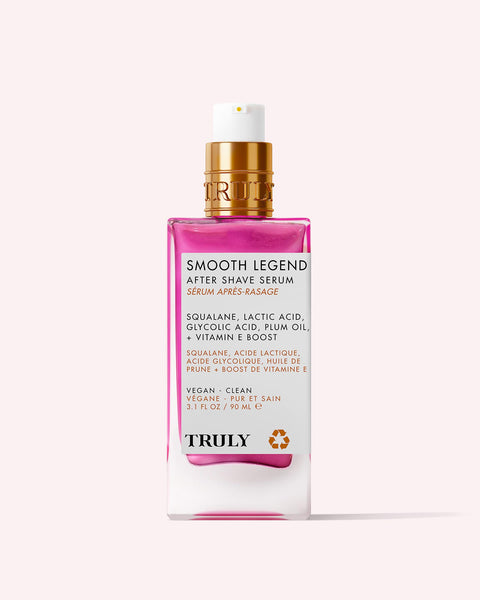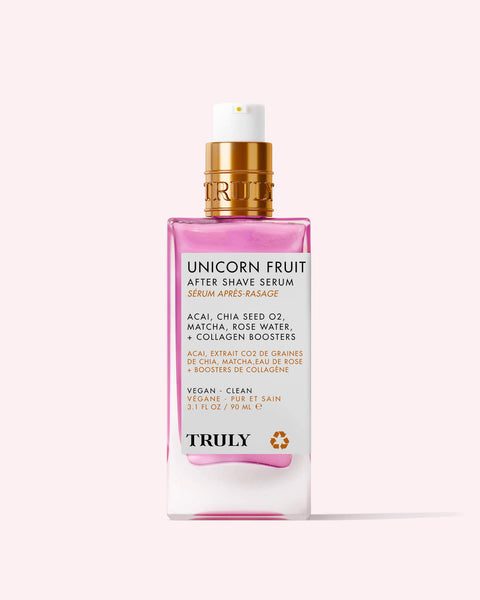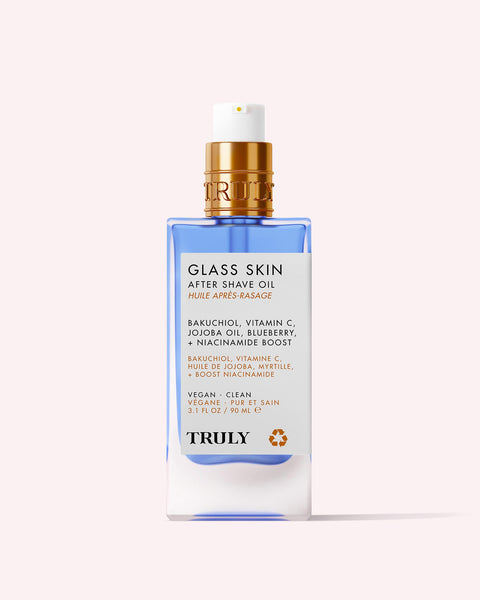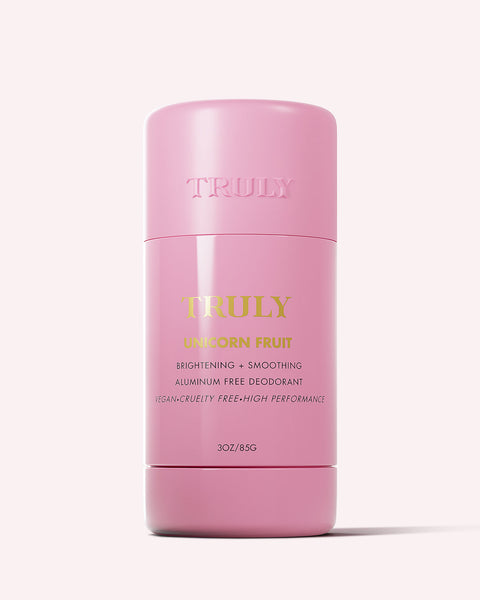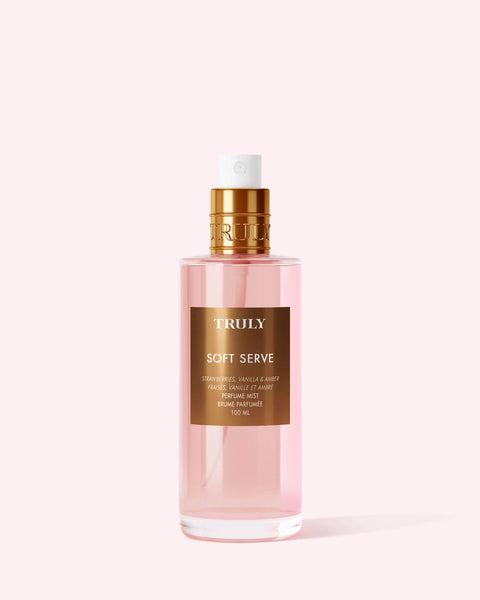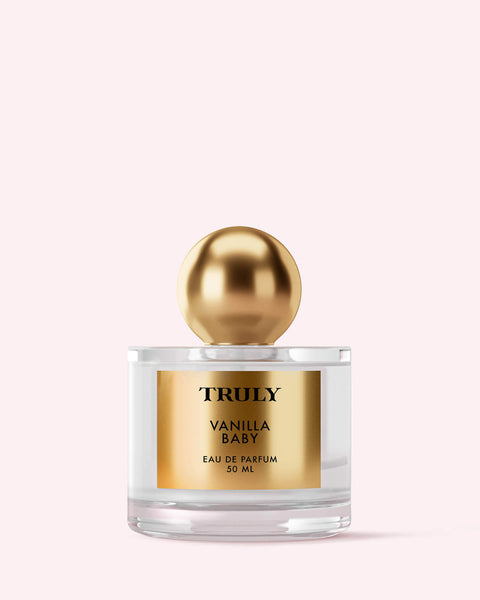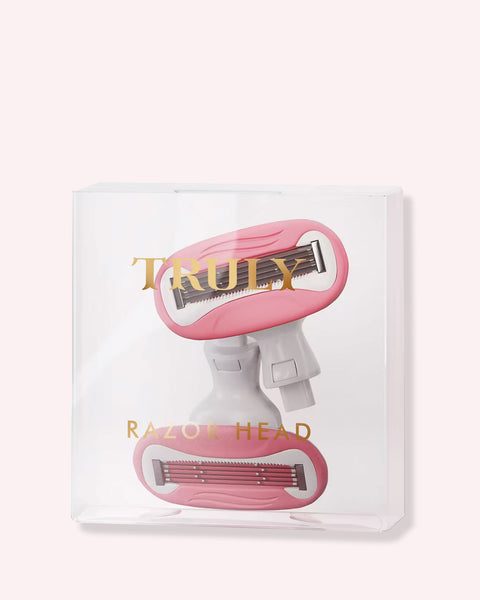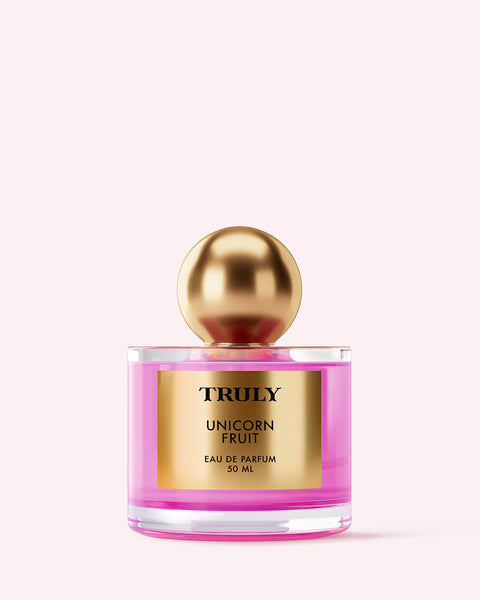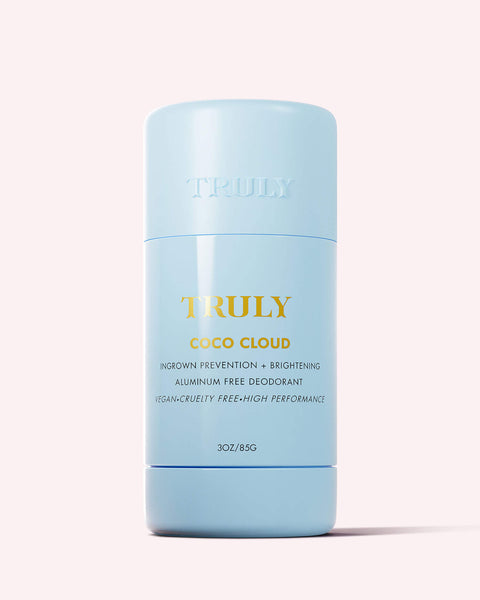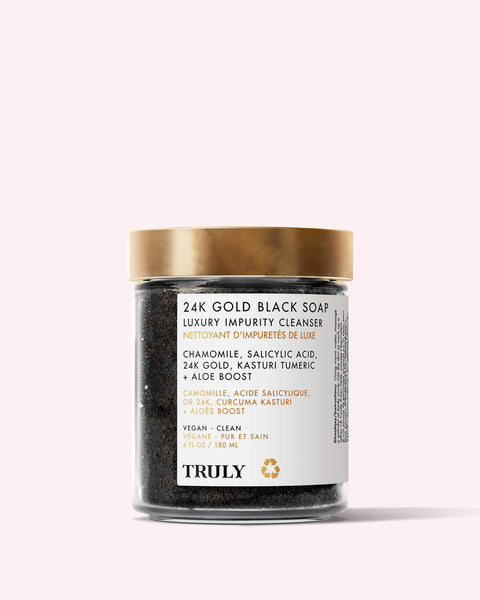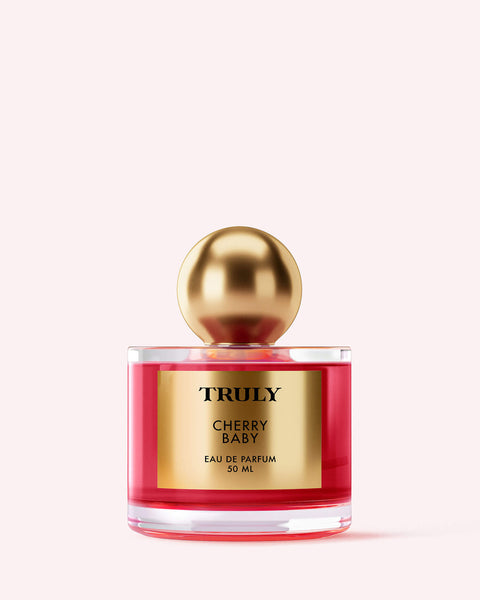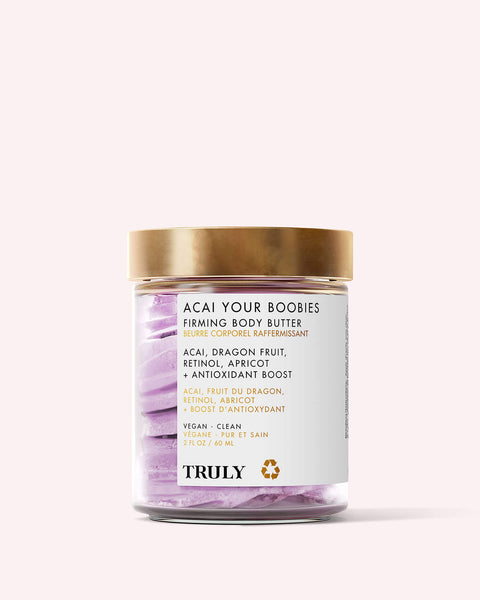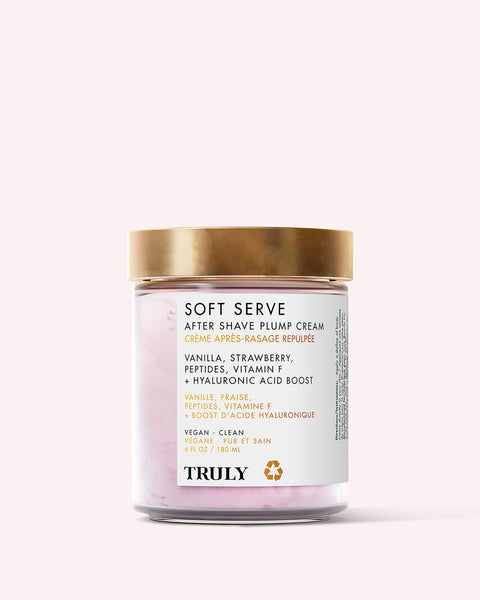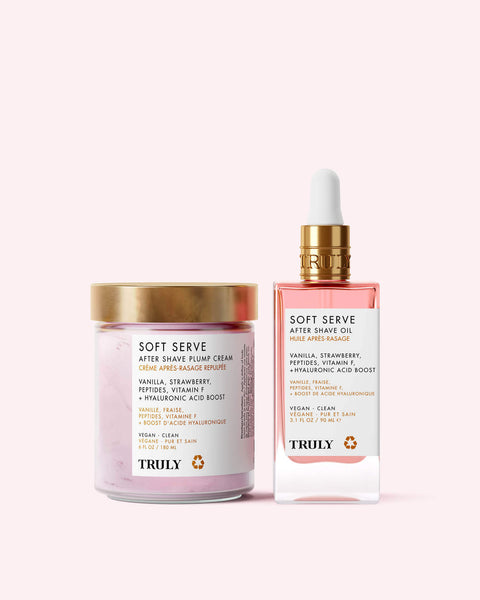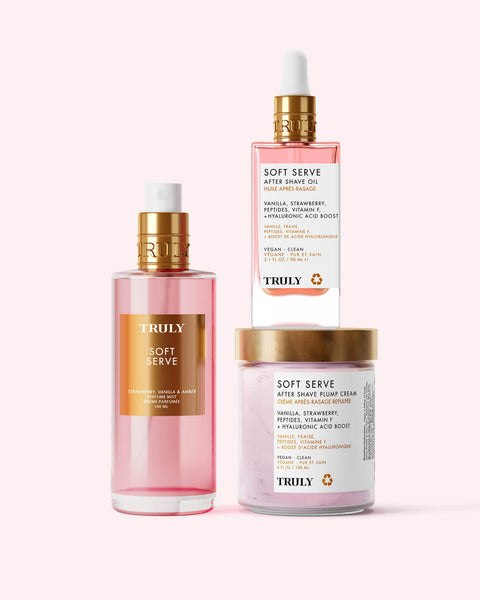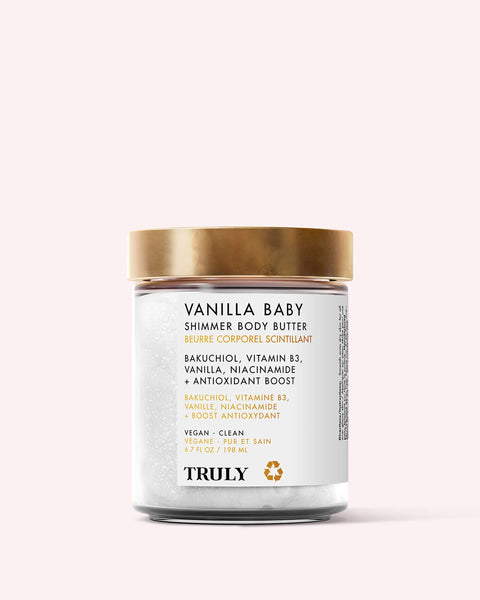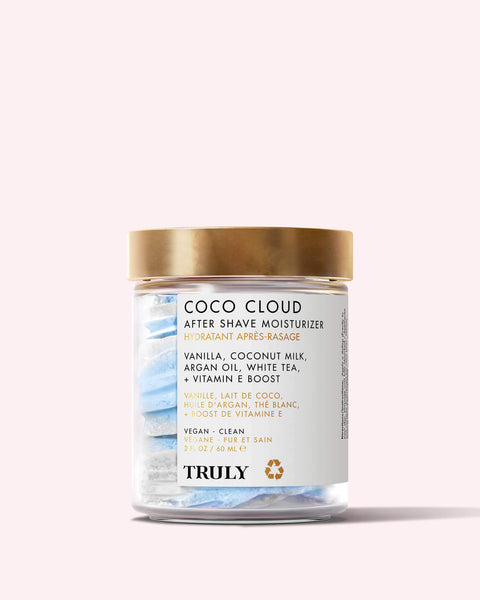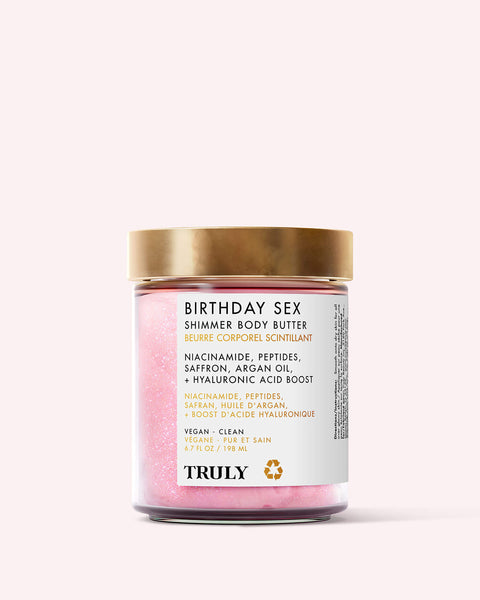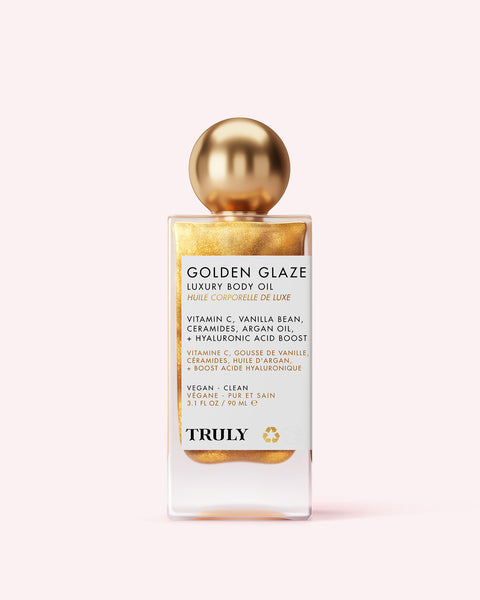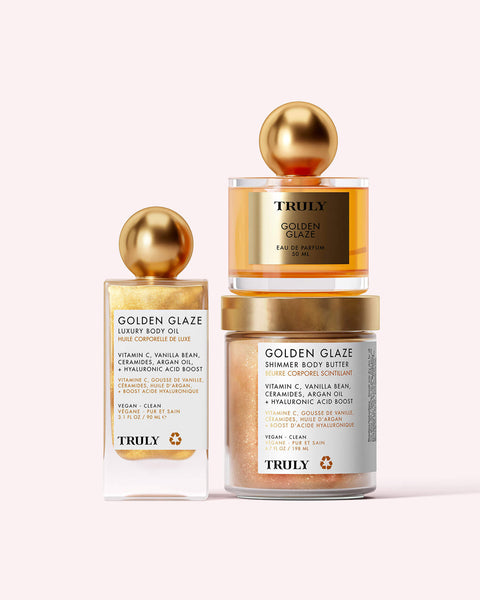Is Hyaluronic Acid Good for Oily Skin?

Is hyaluronic acid good for oily skin? The truth is, even oily skin needs moisturizing. Just because your skin is oily doesn’t mean it’s well-hydrated. In fact, skipping moisturizer in your skincare routine can actually exacerbate oiliness because the oil glands compensate by the producing more oil—leading to excess sebum, clogged pores, and even breakouts.
Can I use hyaluronic acid if I have oily skin? All skin types need hydration. Whether you’ve got oily skin or acne-prone skin, you still need some form of moisturizer in your daily regimen to keep your skin barrier strong and prevent excess sebum production which can lead to further oiliness and blemishes.
Here’s what you should know about using hyaluronic acid for oily skin and whether it’s your best option for keeping your skin hydrated in a dewy, non-greasy way.
What is Hyaluronic Acid?
Hyaluronic acid (HA) is a compound naturally found in (and produced by) our bodies. As a humectant, it has an exceptional ability to retain moisture, able to hold up to 1,000 times its weight in water, making it one of the best ingredients for maintaining skin hydration. In the skin, hyaluronic acid works by drawing in moisture from the environment and sealing it into the skin.
While it’s an acid, it doesn’t exfoliate or remove dead skin cells like other acids, such as AHAs and BHAs. It does, however, naturally help lubricate our joints, repair tissues, and heal wounds. In skincare products, it helps to hydrate the skin and boost collagen production, resulting in smoother, more supple skin.
Most people use hyaluronic acid serums and creams to alleviate dryness. But hyaluronic acid isn’t just beneficial for people with dry skin. Thanks to its powerful hydrating effects and lightweight consistency, all skin types can benefit from using hyaluronic acid products.
Is Hyaluronic Acid Good for Oily Skin?
Yes, even oily skin types can enjoy the benefits of hyaluronic acid. Despite the common misconception that oily skin doesn’t need hydration, it actually requires moisture to maintain balance. As a powerful humectant, HA attracts and retains water, which helps to keep the skin hydrated without adding oil. This is crucial because well-hydrated skin can help regulate oil production, potentially reducing the overproduction of sebum that often leads to clogged pores and acne.
Additionally, hyaluronic acid is non-comedogenic, meaning it does not clog pores, making it suitable for oily and acne-prone skin. Its lightweight, water-based formulation ensures that it absorbs quickly without leaving a greasy residue, which is ideal for those with oily skin who often find heavy creams uncomfortable.
HA also enhances the skin’s barrier function, which helps protect against environmental aggressors and reduces water loss. By maintaining optimal moisture levels, HA helps to soothe and calm the skin, minimizing the risk of inflammation and breakouts. Is hyaluronic acid good for oily skin? It is indeed. Hyaluronic acid provides essential hydration, balances oil production, and improves skin health without contributing to oiliness or clogged pores, making it an excellent choice for oily skin.
In a 2017 study, researchers investigated the relationship between hyaluronic acid and sebum production through the sebaceous glands of the skin. The researchers discovered that hyaluronic acid can help maintain healthy sebum production.
Hyaluronic Acid for Oily Skin Benefits
Let’s take a look at what hyaluronic acid can do for oily skin types—and all skin types, for that matter.
Hydration Without Greasiness: Hyaluronic acid attracts and retains moisture from the environment and deeper layers of the skin. It provides intense hydration without adding oil or greasiness, which is ideal for oily skin types. HA is typically found in lightweight, water-based formulations, such as serums and gels, which are well-suited for oily skin. These products do not clog pores or feel heavy, reducing the likelihood of breakouts.
Balances Oil Production: Proper hydration can help balance oil production, and there’s no better skincare ingredient for the job than hyaluronic acid. When oily skin is well-hydrated, it can sometimes reduce the skin’s overcompensation in oil production, leading to less oily skin over time.
Improves Skin Texture: By maintaining moisture levels, HA helps improve the overall texture of the skin, making it appear smoother and more refined. This can help reduce the appearance of large pores, which is a common concern for those with oily skin.
Enhances Barrier Function: By maintaining adequate hydration, HA helps to strengthen the skin’s barrier function. A strong skin barrier is less likely to allow excess oil production and can better protect against environmental stressors that can exacerbate oiliness along with other concerns like irritation and signs of aging.
Anti-Aging: Hyaluronic acid helps to control oily skin, but it does far more than that. It intensely hydrates and plumps out fine lines and wrinkles. If you’re dealing with oily skin and visible signs of aging, HA can help by plumping hydration into the skin while boosting collagen production for smoother, firmer skin.
Pairs Well With Other Ingredients: HA is compatible with a variety of skincare ingredients, including those that are beneficial for oily skin such as salicylic acid, niacinamide, and retinol. According to dermatologists, hyaluronic acid pairs best with retinol, vitamin C, AHAs, and BHAs.
How to Use Hyaluronic Acid for Oily Skin
Is hyaluronic acid good for oily skin? It sure is, but it’s also a good idea to know how to use it correctly in your routine. Start by cleansing your face with a gentle face wash or cleanser suitable for oily skin. Follow up with a toner that’s alcohol-free and designed for oily skin. While skin is still damp, pat a few drops of hyaluronic acid serum onto your skin. Applying HA to damp skin helps the hyaluronic acid attract and retain moisture more effectively.
Once the serum has absorbed, follow up with a lightweight moisturizer. This helps to lock in the hydration provided by the HA and creates a barrier to prevent moisture loss. And finally, always finish your daytime routine with a broad-spectrum oil-free sunscreen. Sunscreen protects your skin from UV damage and is crucial for all skin types, including oily skin.
Best Hyaluronic Acid Skincare for Oily Skin
Make your skin look fresh, plump, and dewy with these hyaluronic acid skin and shave bundles.
Truly’s Dulce De Leches Routine
SHOP NOW
Drench your skin in this dessert-inspired trio featuring a body polish, serum, and cream formulated with hyaluronic acid, coconut milk, and retinol. Besides intensely hydrating the skin for a softer, smoother feel, these delicious skincare treats work to tighten and firm your boobs and belly by increasing collagen and elastin. It’s your 3-step routine for smooth, supple, sculpted skin all over.
Truly’s Dreamiest Shave Set
SHOP NOW
Experience the silkiest shave ever with our dream shave set. You get: a whipped shave butter to soften coarse hair and maximize glide, after shave oil to ease redness and ingrowns, after shave moisturizer to soften and smooth the skin, plus a coconut-scented deodorant that specifically targets ingrown hairs. All enriched with a super-smoothing, soothing blend of hyaluronic acid, peptides, and niacinamide.
Do You Need Hyaluronic Acid for Oily Skin?
If you have oily skin, you probably find most moisturizers, especially creams, to be too heavy and greasy for your skin. Hyaluronic acid serums are a great choice for boosting skin’s moisture without adding greasiness thanks to their lightweight, non-comedogenic formula. By using hyaluronic acid in your skincare routine, you reduce the need for your skin to overproduce oil. In turn, you promote balance in the skin to prevent your skin from getting oily.
To maintain healthy skin and prevent excess oil production, look for hyaluronic acid in cleansers, toners, serums, and creams. Besides preventing additional oiliness, hyaluronic acid can help with other skin concerns such as fine lines and loss of elasticity thanks to its natural plumping effect on the skin. What’s more, this active ingredient helps to keep skin smooth, supple, and healthy.
Whether you’ve got oily skin, sensitive skin, or combination skin, everyone can enjoy the benefits that hyaluronic acid brings.
Still unsure what your skin needs? Take our quiz to find out!


